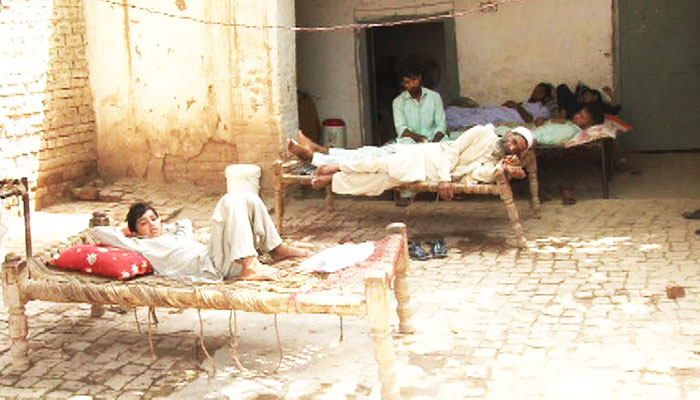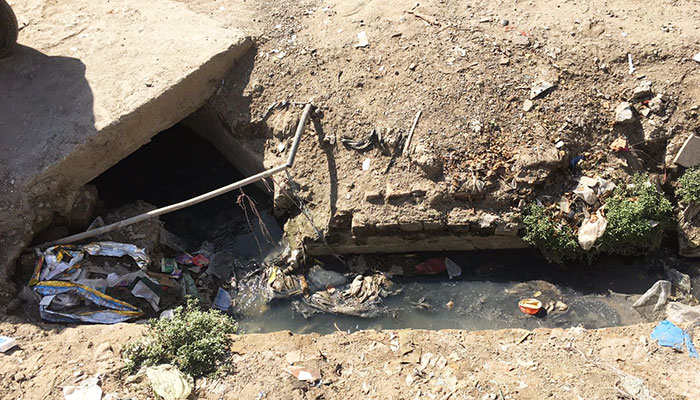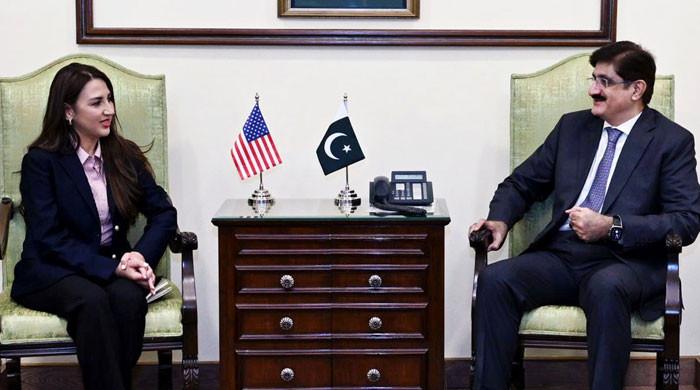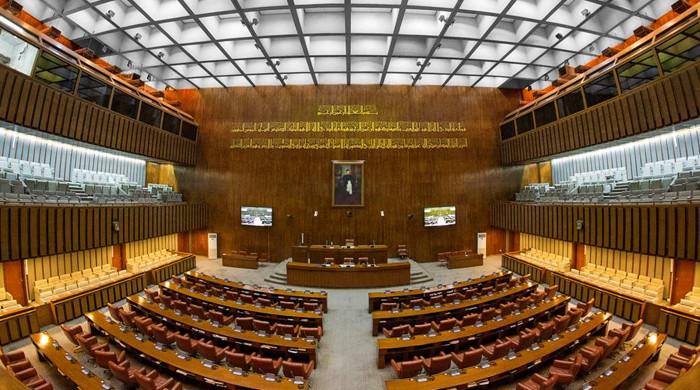Dengue alert: Is Peshawar prepared for yet another outbreak?
Khyber Teaching Hospital has received over 3,000 suspected patients
August 16, 2017

In a faded and forlorn house, tucked away in a corner of the Tehkal Payan area of Peshawar, Bakhtayar Ahmad is moving hurriedly from one room to the next, tending to eleven members of his family, including his two children and his mother. All eleven stretched out on charpoys, neatly lined up next to each other, are infected with the dengue virus, a potentially fatal mosquito-borne disease.
“I have been running from hospital to hospital,” says a dejected Ahmad, “but no one is listening to me. Not a single hospital is willing to admit them and I don’t have enough money for a private clinic.”
Dengue fever was first reported in Pakistan’s Punjab in 2011. That year, the virus claimed over 300 lives in the province alone. The Punjab government quickly launched a dengue awareness and fumigation program to combat the virus, which proved effective in bringing down the number of patients.
However, this year, it seems the virus has set alarm bells ringing in Pakistan’s northeastern city of Peshawar.
The outbreak, also known as “break-bone fever”, has been aided by seasonal rains and humidity. While an exact number of affected is not available, most breeding grounds of the mosquito have been found in the congested areas of Tehkal Payan and Pishta-Khara Payan.
Since July, the Khyber Teaching Hospital has received over 3,000 suspected patients, of which 576 have tested positive. During the same period, five people have died.

As the numbers go up, government hospitals are quickly becoming overwhelmed. Some are even forced to turn away patients due to lack of space.
At the Hayatabad Medical Complex, 30 people are being treated for the deadly virus.
“We do not have enough beds to accommodate all the patients,” said Professor Shehzad Akbar, the director.
Yet, the local government is in denial. While the Khyber Teaching Hospital has confirmed the death toll of five, the district administration insists only one life has been lost.
“So far we can only confirm one death,” said Director Health KP Dr Shaheen Afridi tells Geo.tv, “since we have not done any confirmation tests to determine the cause of death for the others.”
Even the number of affected, provided by the local government, is much below the figure cited by hospitals.
Saira Afzal Tarar, the Minister for National Health Services, says the outbreak in Peshawar is “not a continuation of the dengue virus found a few years back in Punjab.”
However, she adds, the federal government overlooks only the malaria program across the country, health, otherwise, is a provincial topic. Khyber Pakhtunkhwa’s minister of health did not respond to Geo.tv’s requests for comments.
Despite downplaying the epidemic, local administrators insist they are taking every precaution necessary. Neighborhoods are regularly fumigated. Over 60 lady health workers have been trained to go door to door and provide information related to the disease.
“That is not enough,” said Momin Khan, a resident, “They use substandard chemicals in the spray to save cost.” Moreover, the health teams rarely visit rural areas.
Unlike Punjab, which quickly realised that it was grappling with an epidemic and declared an emergency in hospitals, KP’s government has yet to take serious notice











